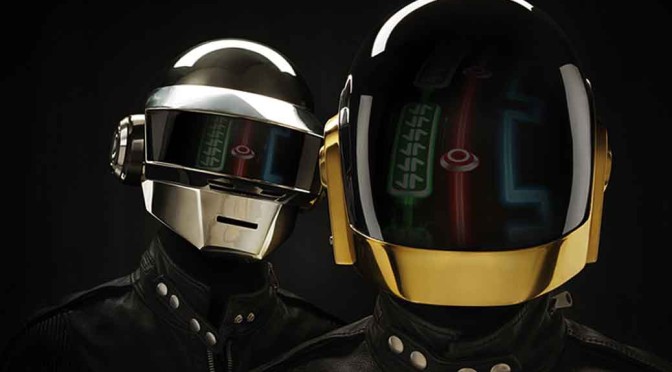By Anupum Pant
Background
No, I’m not talking about the fictional character Tintin. It’s Titin I’m talking about. The initial part of it is pronounced almost like Titan, but please do not confuse it with Titan. Titin is the largest protein molecule ever discovered. Soon you’ll see why it is the largest…
Titin is the short name for an extremely massive protein molecule. The full-length scientific name of this protein molecule contains 189,819 characters and is considered (by some) as the longest word in not just English, but any language.
Others choose to not consider it a word at all. You won’t even find the full scientific name of Titin in any dictionary. According to lexicographers it is only a chemical formula, not a word. Technically, they are right. So, it is not really the longest word in English.
In that case, probably a lung disease called pneumonoultramicroscopicsilicovolcanoconiosis can be considered the largest word. There are 45 letters in it. But my history teacher once told me that floccinaucinihilipilification (meaning, the estimation of something as worthless) was the longest word in English. Well, someone needs to tell me which one it really is. Till then, I’ll consider Titin as the undefeated champion…
What is it?
Titin is a protein found in certain kind of muscle tissues. It is the thing that makes those muscles elastic. For instance, in heart muscles – that expand and contract continuously for decades, without a break. The folded nature of this huge molecule makes it act like a spring – just like a long wire can be coiled into a small spring. The full chemical formula goes like this:
C132983H211861N36149O40883S693
I won’t spam my blog with the full name, but I’ll definitely point you to it. [Full name spelled out]. If you are too lazy to go there, it starts like this:
Methionylthreonylthreonylglutaminylalrylglycylphenylalanylprolylvalylprolyylglycylarginylalanyllysylleucylthreonylglutamylleucylleu…
and ends like this:
partylaspartylleucylthreonylthrnylaspartylvalylglutaminyllysylglutamilthreonylleucylserylleucylglycylasparalaspartylserylalanylthr…
The video: It takes about 233 minutes to pronounce the full chemical name – Yes, a guy tried it out (with video cuts of course). The gentleman pronounces it on camera for you. If you care enough to watch the whole 3 and half hour-long video, you’ll see how the man grows a stubble while pronouncing it. Also, you’ll see the plant dying out. But those are only gimmicks that makes the video funny. I’d like to add that his expression in the end is priceless. You shouldn’t miss that. Here, I’ve attached it for you below:
To use up the same amount of time in a better manner, I suggest that you watch the Bill Nye vs. Ken Ham debate.
Did you like this article?
Every day I send out a newsletter with an un-cut new article and exclusive content for readers. It’s basically my way of keeping in touch with you and letting you know what’s going on. Your information is protected and I never spam.
Donating = Loving
A small donation worth a single cup of coffee from you can be the difference between this website existing or not. If you like this, please consider buying me a cup of coffee:

